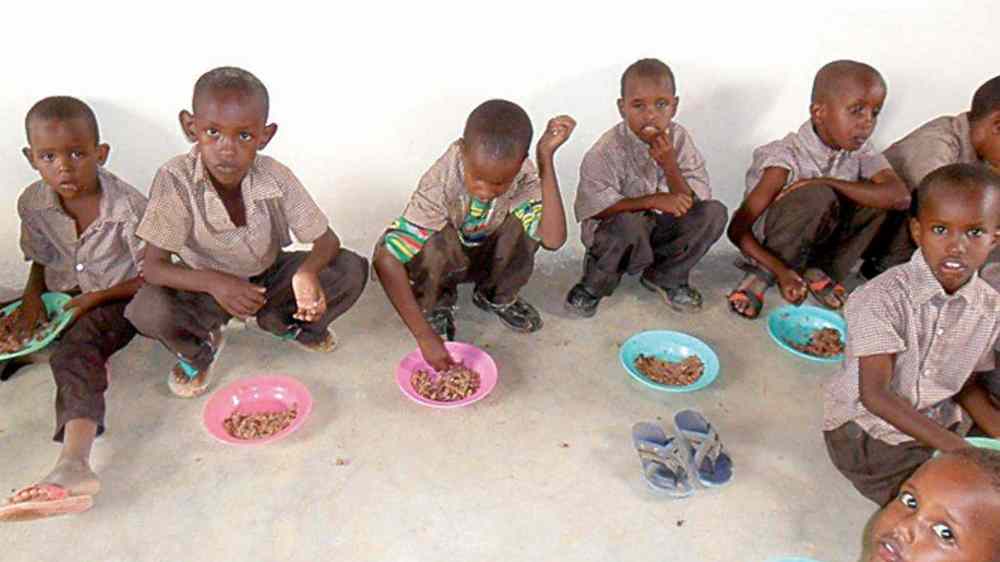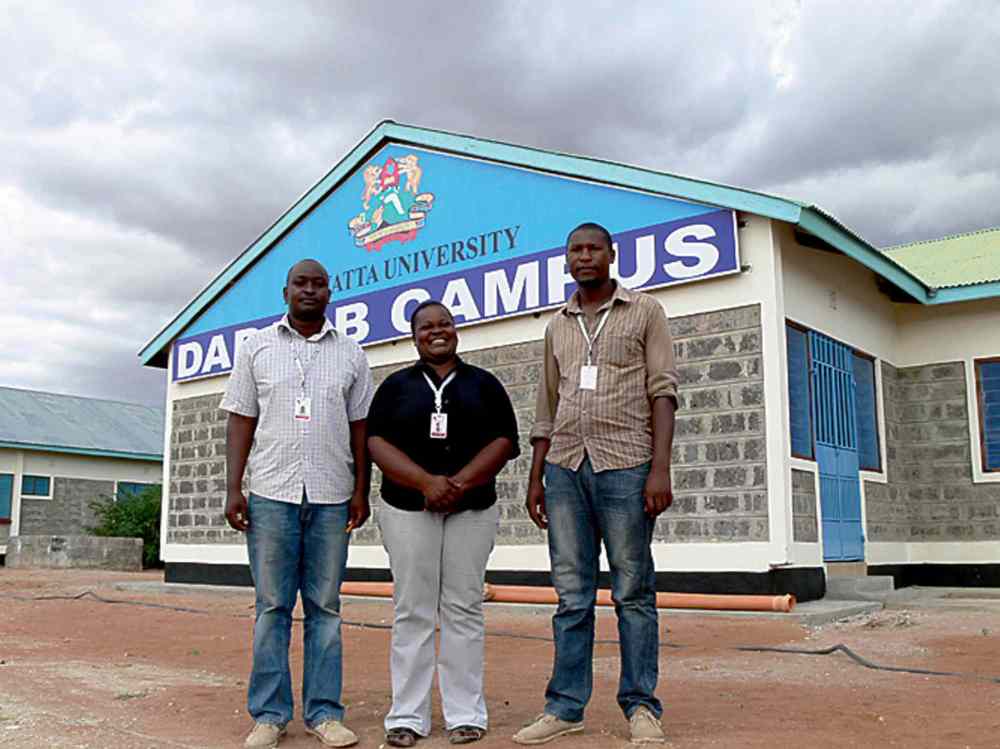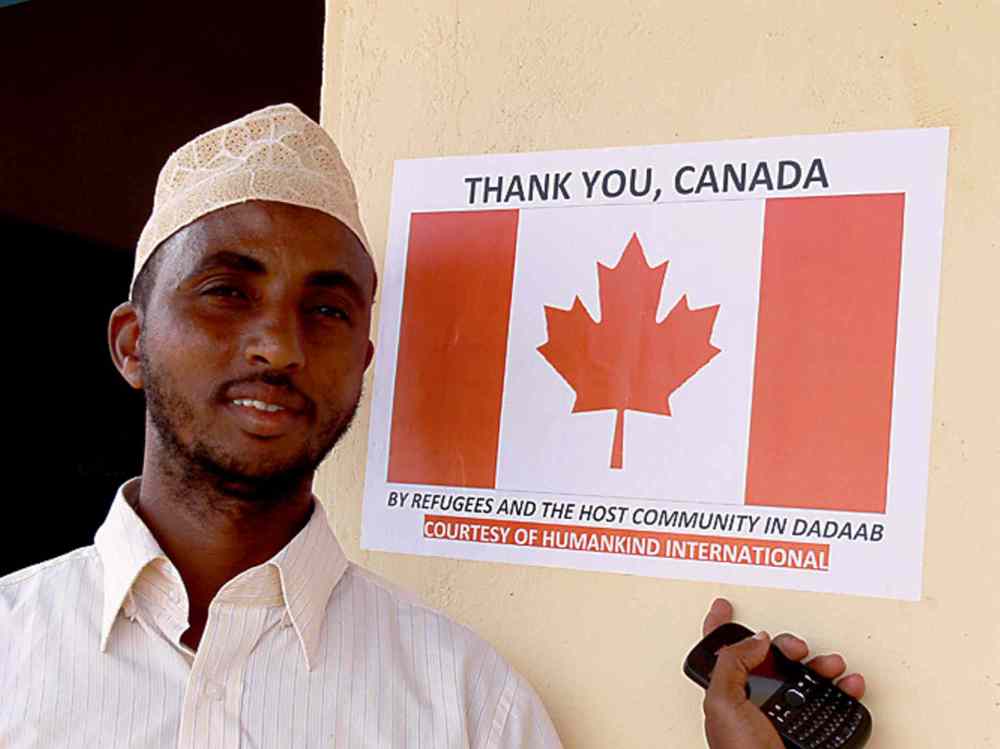Growing hope amid despair
A Winnipeg-funded school is making a difference in an area where access to education is rare
Advertisement
Read this article for free:
or
Already have an account? Log in here »
To continue reading, please subscribe:
Monthly Digital Subscription
$1 per week for 24 weeks*
- Enjoy unlimited reading on winnipegfreepress.com
- Read the E-Edition, our digital replica newspaper
- Access News Break, our award-winning app
- Play interactive puzzles
*Billed as $4.00 plus GST every four weeks. After 24 weeks, price increases to the regular rate of $19.95 plus GST every four weeks. Offer available to new and qualified returning subscribers only. Cancel any time.
Monthly Digital Subscription
$4.99/week*
- Enjoy unlimited reading on winnipegfreepress.com
- Read the E-Edition, our digital replica newspaper
- Access News Break, our award-winning app
- Play interactive puzzles
*Billed as $19.95 plus GST every four weeks. Cancel any time.
To continue reading, please subscribe:
Add Free Press access to your Brandon Sun subscription for only an additional
$1 for the first 4 weeks*
*Your next subscription payment will increase by $1.00 and you will be charged $16.99 plus GST for four weeks. After four weeks, your payment will increase to $23.99 plus GST every four weeks.
Read unlimited articles for free today:
or
Already have an account? Log in here »
Hey there, time traveller!
This article was published 23/06/2014 (4264 days ago), so information in it may no longer be current.
DADAAB, Kenya — With no electricity or flush toilets, a school built by Winnipeggers has big hopes for little kids in the middle of a desolate patch of Africa.
Off a red washboard road lined with shoulder-high ant hills, 71 preschoolers at the Humankind Academy are learning English, getting a decent meal of rice and beans and a decent start to young lives that don’t have a lot of opportunities.

The students have planted a garden of pawpaw, spinach and beans inside a natural fence of thorns, like barbed wire. But it’s the children’s growth that has been most impressive, said Salat Mohamud Noor, Humankind Academy’s head teacher.
“The kids are gaining an education and growing because they’re eating,” he said.
At the blackboard, five-year-old Suado Yussuf leads her fellow preschoolers counting in English, belting out the numbers to 20, giving each numeral a hearty twack with a stick as she goes.
“It is a positive opportunity they were not having in the past,” Noor said.
Refugees began flooding into this poor area of Kenya more than 20 years ago to escape the civil war in neighbouring Somalia. In 2011, thousands more crossed into Kenya to escape drought and famine.
Local goodwill had run its course after years of supporting refugees in an area of few resources. But the preschool is helping to keep the peace.
The school was built and opened in January by Humankind International Inc. — a charity founded by Somali Winnipeggers who grew up as refugees. The charity receives help from Accountable Development Works, a Canadian international charity dedicated to assisting the world’s poorest people, with a focus on youth and children.
Sitting in front of the Humankind Academy recently, parents from the village and the Dagahaley refugee camp shared the shade of an acacia tree and talked about their children. Dagahaley is one of five camps that make up Dadaab, which is the world’s largest refugee settlement.
“We parents get friends and develop relationships because our kids go to school together,” said Sujat Kahiye Abdullahi, whose daughter Asha attends the preschool and whose wife Asli Muhamed helps clean it.
Instead of “us versus them,” the next generation of adults will have grown up together and know how to work with each other, hopefully in ways that benefit the whole community, Noor said.
Where they were once enemies, they now share a meal together every school day.

“The conflict between the refugee and local people has ended,” said Noor. “They know one another.”
At lunch time, the kids gather around the outdoor water tap to wash up. The school’s cook, Sahan Ibrahim Hussein, prepares a giant vat of rice and beans that Noor helps ladle out of the cooker. The children devour their bowlful using their hands.
Their parents, who were robbed of an education by civil war and famine in Somalia, see hope for the next generation.
“We don’t read and write,” Athar Yussuf Musa said though an interpreter.
Her son, Abdi Mahat Musa, was leading his class in the ABCs, singing the English letters of the alphabet in a chant sounding like a recitation of the Qu’ran.
“Here, it is all-round education and there’s no charge. I wish there’d be an adult school.”
A father, Abdi Mahat Hassan, added: “We need these kids to continue. They need to go up the ladder and study in good schools.”
Noor said they’d like to double the number of kids in the preschool by holding afternoon classes. And they’d like to build a proper fence to keep the wild animals out, but those are wishes not in the budget.
Education can be the ticket out of the refugee camp or a poor rural village, said Winnipegger Ahmed Warsame, the UNHCR operations manager for Dadaab. The preschoolers given a head start now have more opportunities to reach their potential.
In the host community, Dadaab, non-refugee kids can attend high school supported by the UNHCR and aid organizations. There are 420 students, including 60 girls. Meanwhile, Kenyatta University opened a Dadaab campus last fall.
“That was a milestone,” Warsame said.

The World University Service of Canada has provided scholarships to 1,000 refugees to study in Canada — including many from Dadaab — during the last 30 years.
“It makes me exceptionally and emotionally proud Canada’s helping hand is felt here,” said Warsame. “Down the road, we will see Canada made the right decision.”
To address the imbalance of fewer girls getting scholarships, a program was set up in the refugee camps to help girls stay in school, said Norah Kariba, Windle Trust Kenya’s program manager in Dadaab. They got help with everything — from feminine-hygiene supplies to solar lanterns for studying and remedial classes on weekends and holidays so they could catch up, Kariba said.
Now the number of girls getting scholarships is on the rise, said the former high school principal who’s taken many teary phone calls from students who’ve just arrived at Canadian universities.
“I’ve seen so many students trying to adjust — they cry and say they want to come back.”
But it usually doesn’t last, Kariba said, and from afar she gets to see them succeed and settle into rewarding, productive lives.
“To see someone getting a better life, it gives you a lot of joy.”
carol.sanders@freepress.mb.ca

Carol Sanders
Legislature reporter
Carol Sanders is a reporter at the Free Press legislature bureau. The former general assignment reporter and copy editor joined the paper in 1997. Read more about Carol.
Every piece of reporting Carol produces is reviewed by an editing team before it is posted online or published in print — part of the Free Press‘s tradition, since 1872, of producing reliable independent journalism. Read more about Free Press’s history and mandate, and learn how our newsroom operates.
Our newsroom depends on a growing audience of readers to power our journalism. If you are not a paid reader, please consider becoming a subscriber.
Our newsroom depends on its audience of readers to power our journalism. Thank you for your support.

